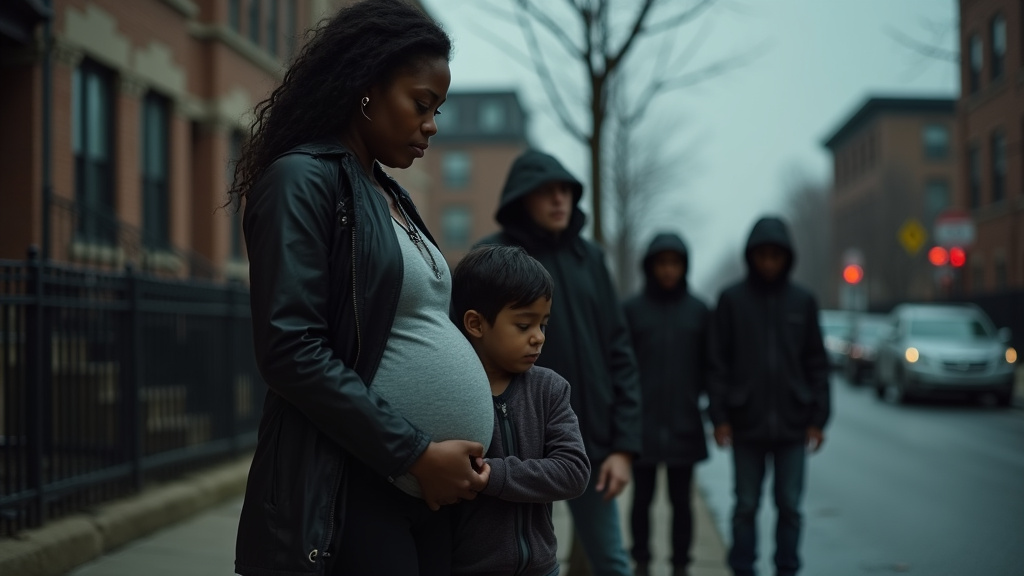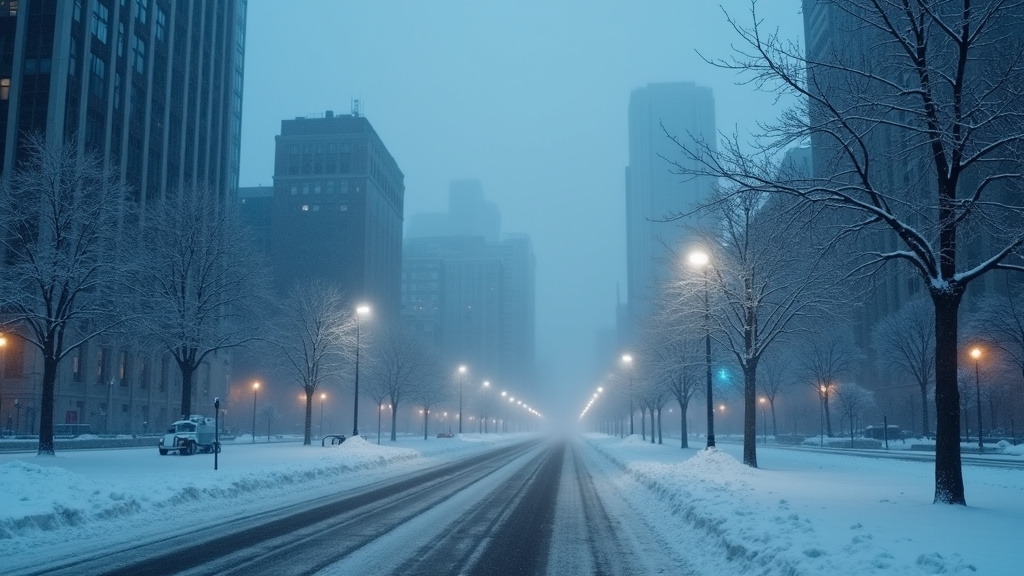In a move that injects further complexity into the ongoing government shutdown, the Trump administration has placed a freeze on approximately $2.1 billion in federal funding designated for critical infrastructure projects in Chicago. The decision, announced by Office of Management and Budget (OMB) Director Russell Vought, specifically targets the city’s ambitious Red Line Extension and the Red and Purple Modernization Project, citing concerns over “race-based contracting” and “unconstitutional DEI principles.”
Stated Justification: “Race-Based Contracting” and DEI Policies
OMB Director Russell Vought stated that the funding was “put on hold to ensure funding is not flowing via race-based contracting.” This action aligns with an interim final rule issued by the U.S. Department of Transportation (USDOT) that bars race- and sex-based contracting requirements from federal grants. The administration has frequently targeted Diversity, Equity, and Inclusion (DEI) initiatives, framing such policies as discriminatory and a waste of taxpayer resources. The USDOT confirmed that letters were sent to the Chicago Transit Authority (CTA) informing them that the projects were under administrative review to determine if any “unconstitutional practices” were occurring.
Key Chicago Transit Projects Frozen
The pause significantly impacts two high-profile transit initiatives vital to Chicago’s public transportation network. The Red Line Extension project is a long-awaited plan intended to extend the Red Line train 5.6 miles south from 95th Street to 130th Street, adding four new stations to serve historically disadvantaged communities on the city’s South Side. This extension has been touted as a means to reduce commute times and spur economic development in areas that have experienced decades of disinvestment. The Red and Purple Modernization Project aims to upgrade aging infrastructure along these crucial North Side lines, improving service reliability and capacity by rebuilding stations and removing bottlenecks.
Political Leverage Amidst Government Shutdown
This funding freeze is part of a broader strategy by the Trump administration to leverage the government shutdown as a bargaining chip against Democratic lawmakers. The move mirrors similar actions taken earlier in the week, where the administration froze approximately $18 billion in federal funding for major infrastructure projects in New York City, including the Hudson Tunnel and the Second Avenue Subway. The timing of these freezes, occurring on the third day of the government shutdown, suggests a deliberate effort to exert pressure on Democratic leaders, such as Senate Minority Leader Chuck Schumer and House Democratic Leader Hakeem Jeffries, whose home states are impacted.
Reactions and Uncertainty for Chicago
The decision has drawn sharp criticism from Chicago officials. Mayor Brandon Johnson decried the freeze, contrasting it with a $20 billion swap line allocated to Argentina, questioning the administration’s “America First” slogan. Illinois Governor JB Pritzker characterized the freeze as “political payback” and an attack on the state, arguing it would harm the economy and residents reliant on public transit. Despite the federal action, the CTA maintains that the funding for the Red Line Extension is secured through a finalized full funding grant agreement, which it considers a binding commitment. However, the broader implications and potential legal challenges to the administration’s expansive pausing of federal funds remain a significant concern, creating uncertainty for ongoing and future infrastructure developments. The news has quickly become a trending topic, highlighting the contentious intersection of infrastructure investment and political battles.
Conclusion
The Trump administration’s freeze on $2.1 billion in Chicago infrastructure funding injects a new layer of political tension into the national news cycle. While the administration cites concerns over contracting practices, critics view it as a politically motivated maneuver during the government shutdown. The future of these vital transit projects, particularly the Red Line Extension and the Red and Purple Modernization, now hangs in the balance, underscoring the volatile nature of federal funding decisions amidst partisan conflict. The impact on Chicago’s popular transit system and its residents remains a developing story.














